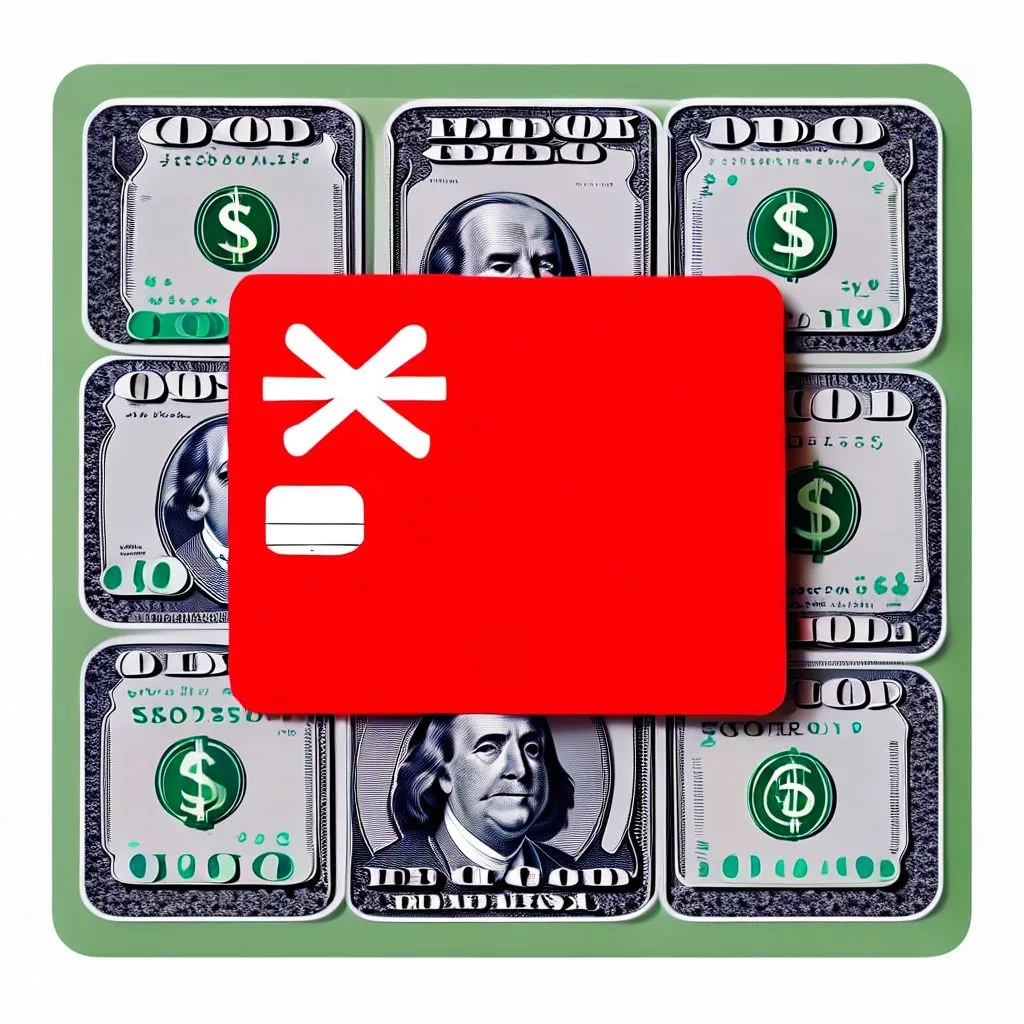The DOGE Initiative, led by Elon Musk, is shaking up how the U.S. government spends money. By cutting around 24,000 federal credit cards, it aims to save big bucks and make sure taxpayer dollars are used wisely. This means focusing more on domestic needs while also changing how information is shared with the public, using social media instead of just traditional news. With these bold moves, DOGE wants to make government work better and be more open to everyone.
What is the DOGE Initiative and its impact on government efficiency?
The DOGE Initiative, led by Elon Musk, aims to enhance government efficiency by deactivating unnecessary federal credit cards, streamlining federal spending, and reallocating resources. It seeks to optimize fiscal responsibility while ensuring transparency and effective communication through alternative media channels.
In a time when government spending and efficiency are under the microscope, the Department of Government Efficiency (DOGE), spearheaded by Pretoria-born tech visionary Elon Musk, has become a transformative force in the United States. With a keen eye on reducing unnecessary federal expenditures, DOGE has recently turned its attention to federal credit card usage and the evolving landscape of alternative news platforms.
Tackling Federal Credit Card Waste
In a groundbreaking move, DOGE announced the deactivation of approximately 24,000 federal credit cards over an eight-day period, creating significant buzz on social media platform X. This initiative is part of an executive order issued by former President Donald Trump, which temporarily halts credit card usage by federal employees for a 30-day period, except for those involved in disaster relief or essential services. The aim is clear: to streamline federal spending and pave the way for a comprehensive audit of what DOGE refers to as “unused or unneeded P-cards.” In the 2024 fiscal year alone, nearly 700,000 of these cards were responsible for about $30 billion in spending.
Currently, the U.S. government maintains around 4.6 million active credit cards. DOGE’s pilot program targets 14 civilian agencies, scrutinizing and potentially deactivating unnecessary P-cards. The department anticipates doubling deactivations by the week’s end, highlighting its commitment to fiscal responsibility and rooting out inefficiencies within the federal system.
Concurrently, the executive order calls for government agencies to collaborate with DOGE in reevaluating federal contracts and grants. Agencies are urged to establish systems for meticulously documenting every payment associated with contracts and grants, accompanied by written justifications. Additionally, they must identify and report surplus government-owned property. This comprehensive approach seeks to optimize resource allocation and eliminate unnecessary spending.
Redirecting Funds: Controversies and Impacts
In a bold and somewhat controversial move, DOGE claims substantial savings after terminating several USAID initiatives. Notable among these were a $60 million project for the empowerment of Indigenous Peoples and Afro-Colombians, a $74 million program aimed at fostering inclusive justice in Colombia, and a $79 million effort to enhance primary literacy in Kenya. A $37 million project dedicated to female empowerment also faced cancellation. While these decisions stirred debate, they underscore DOGE’s commitment to redirecting taxpayer dollars toward domestic priorities.
These shifts in funding priorities spark discussions on the balance between domestic and international obligations. Critics argue that cutting international aid can have long-term geopolitical consequences, while proponents believe focusing on national interests ensures more effective use of public funds. This ongoing debate highlights the complexity of fiscal responsibility and the diverse perspectives on government expenditure.
As DOGE reallocates resources, there is growing interest in understanding how these decisions impact both domestic and global communities. Analyzing the broader implications of such policy shifts becomes crucial in assessing the effectiveness and ethical considerations surrounding government spending choices.
Embracing Alternative Media Channels
Amid these sweeping changes, the Trump administration has reached out to influential voices beyond traditional media outlets. This includes a significant briefing with more than a dozen pro-MAGA influencers in the Oval Office, led by Karoline Leavitt, Assistant to the President and White House Press Secretary. The meeting aimed to share information about the late financier and convicted sex offender Jeffrey Epstein, with plans to release related files to the public.
Leavitt highlights the growing impact of social media content creators, pointing out that many boast larger followings than mainstream media reporters. This shift in the media landscape aligns with the Trump administration’s strategy to embrace alternative channels for information dissemination. By collaborating with influential voices, the administration seeks to bypass traditional media filters and communicate directly with a broader audience.
The convergence of DOGE’s financial scrutiny and the administration’s engagement with alternative media channels signals a broader transformation in managing government operations and communications. This shift, driven by technological advancements and changing media dynamics, represents a new era in governance characterized by transparency, efficiency, and direct public engagement.
Reflections on Efficiency and Communication
From a historical perspective, the current emphasis on efficiency and streamlined government operations echoes past movements aimed at reform and innovation. The Progressive Era of the late 19th and early 20th centuries advocated for reforms to curb corruption and enhance governmental accountability. Similarly, the digital revolution of the late 20th and early 21st centuries transformed communication and information dissemination, reshaping public engagement with political processes.
Artistically, this transformative period resembles avant-garde movements that challenged traditional norms and embraced new forms of expression. Just as movements like Cubism, Surrealism, and Abstract Expressionism redefined artistic boundaries, the integration of technology and alternative media in government operations challenges established paradigms, offering innovative ways to engage with the public.
In this evolving context, DOGE’s role and the Trump administration’s outreach to social media influencers reflect a broader shift toward a more dynamic and responsive government. By prioritizing efficiency and embracing new communication channels, these initiatives aim to foster a more engaged and informed citizenry.
As technology, media, and governance continue to intersect, both opportunities and challenges arise. Balancing transparency, efficiency, and accountability will shape the future of government operations and influence policy development. Ultimately, this period of transformation invites reflection on the role of technology and innovation in shaping tomorrow’s governance, emphasizing the importance of adaptability and forward-thinking in public administration.
Frequently Asked Questions (FAQ)
What is the DOGE Initiative and who leads it?
The DOGE Initiative is a program aimed at enhancing the efficiency of the U.S. government by streamlining federal spending and reallocating resources. It is led by Elon Musk and focuses on cutting unnecessary federal credit cards and improving communication through alternative media channels.
How many federal credit cards are being deactivated under the DOGE Initiative?
The DOGE Initiative has announced the deactivation of approximately 24,000 federal credit cards as part of an effort to streamline federal spending and conduct a comprehensive audit of unused or unneeded procurement cards (P-cards).
What are the potential savings from the DOGE Initiative?
In the 2024 fiscal year, nearly 700,000 active P-cards accounted for about $30 billion in spending. By deactivating unnecessary credit cards and reallocating funds, the DOGE Initiative aims to significantly reduce wasteful expenditures and redirect taxpayer dollars toward domestic priorities.
What are some of the controversial funding cuts made by the DOGE Initiative?
The DOGE Initiative has faced backlash for terminating several international aid programs, including a $60 million initiative for Indigenous Peoples in Colombia and a $79 million project to enhance literacy in Kenya. These cuts have sparked debates about the balance between domestic needs and international obligations.
How is the DOGE Initiative changing government communication?
The DOGE Initiative emphasizes the use of alternative media channels, such as social media platforms, to communicate government initiatives. This includes engaging with popular influencers and content creators to bypass traditional media filters and directly reach a broader audience.
What historical movements does the DOGE Initiative resemble?
The current focus on efficiency and transparency within the government echoes past reform movements, such as the Progressive Era, which sought to enhance governmental accountability. Additionally, the integration of technology in governance reflects the transformative impacts of the digital revolution on public engagement and communication.










